Premium Only Content
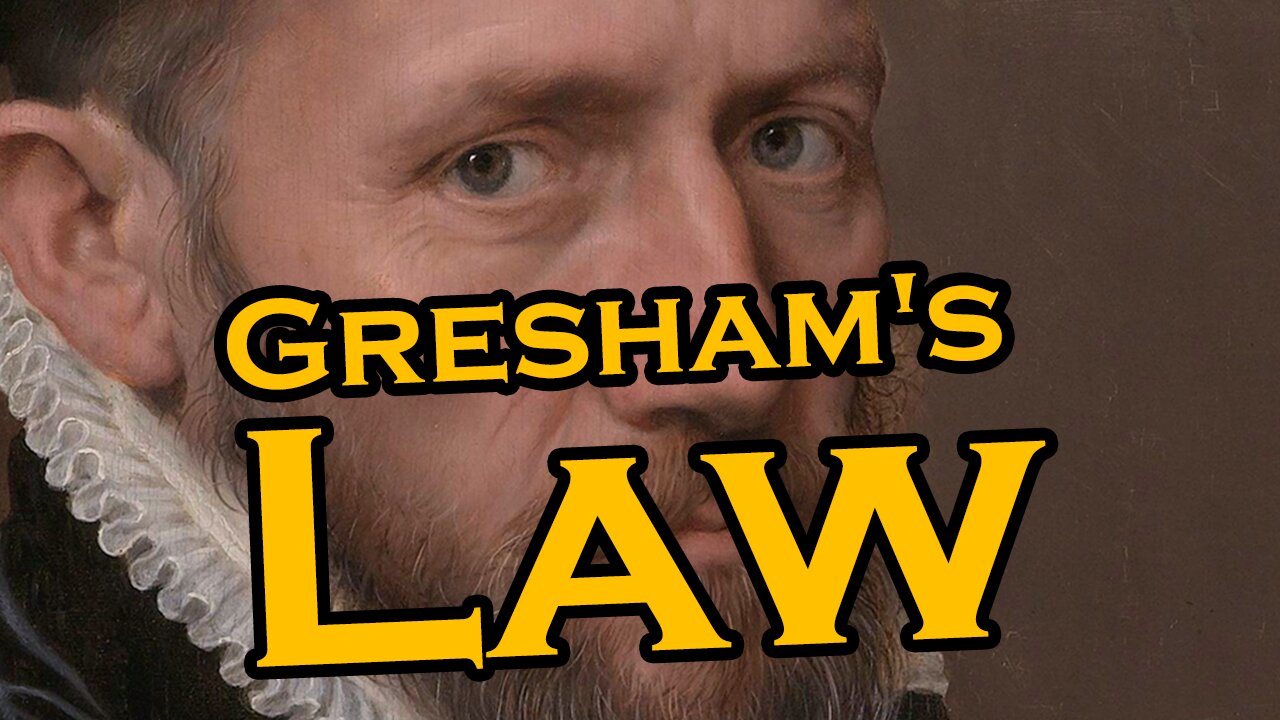
What is Gresham's Law? Compact Explanation
Article made on Wikipedia: https://en.wikipedia.org/wiki/Gresham%27s_law
In economics, Gresham's law is a monetary principle stating that "bad money drives out good". For example, if there are two forms of commodity money in circulation, which are accepted by law as having similar face value, the more valuable commodity will gradually disappear from circulation.
The law was named in 1860 by economist Henry Dunning Macleod after Sir Thomas Gresham (1519–1579), an English financier during the Tudor dynasty. Gresham had urged Queen Elizabeth to restore confidence in then-debased English currency. The concept was known centuries earlier in classical Antiquity and in medieval Europe, the Middle East and China.
1. "Good money" and "bad money".
Under Gresham's Law, "good money" is money that shows little difference between its nominal value (the face value of the coin) and its commodity value (the value of the metal of which it is made, often precious metals, nickel, or copper).
In the absence of legal-tender laws, metal coin money will freely exchange at somewhat above bullion market value. This may be observed in bullion coins such as the Canadian Gold Maple Leaf, the South African Krugerrand, the American Gold Eagle, or even the silver Maria Theresa thaler (Austria) and the Libertad (Mexico). Coins of this type are of a known purity and are in a convenient form to handle. People prefer trading in coins rather than in anonymous hunks of precious metal, so they attribute more value to coins of equal weight.
The price spread between face value and commodity value is called seigniorage. As some coins do not circulate, remaining in the possession of coin collectors, this can increase demand for coinage.
On the other hand, bad money is money that has a commodity value considerably lower than its face value and is in circulation along with good money, where both forms are required to be accepted at equal value as legal tender.
In Gresham's day, bad money included any coin that had been debased. Debasement was often done by the issuing body, where less than the officially specified amount of precious metal was contained in an issue of coinage, usually by alloying it with a base metal. The public could also debase coins, usually by clipping or scraping off small portions of the precious metal, also known as "stemming" (reeded edges on coins were intended to make clipping evident). Other examples of bad money include counterfeit coins made from base metal. Today virtually all circulating coins are made from base metals, known as fiat money. While virtually all contemporary coinage is composed solely of base metals, during certain contemporary, 21st century years in which copper values were relatively high, at least one common coin (the U.S. nickel) still maintained "good money" status (largely depending on market rates).
In the case of clipped, scraped, or counterfeit coins, the commodity value was reduced by fraud, as the face value remains at the previous higher level. On the other hand, with a coinage debased by a government issuer, the commodity value of the coinage was often reduced quite openly, while the face value of the debased coins was held at the higher level by legal tender laws.
2. Examples.
Silver coins were widely circulated in Canada (until 1968) and in the United States (until 1964 for dimes and quarters and 1970 for half-dollars) when the Coinage Act of 1965 was passed. These countries debased their coins by switching to cheaper metals thereby inflating the new debased currency in relation to the supply of the former silver coins. The silver coins disappeared from circulation as citizens retained them to capture the steady current and future intrinsic value of the metal content over the newly inflated and therefore devalued coins, using the newer coins in daily transactions.
The same process occurs today with the copper content of coins such as the pre-1997 Canadian penny, the pre-1982 United States penny and the pre-1992 UK bronze pennies and two pence. This also occurred even with coins made of less expensive metals such as steel in India.
3. Theory.
The law states that any circulating currency consisting of both "good" and "bad" money (both forms required to be accepted at equal value under legal tender law) quickly becomes dominated by the "bad" money. This is because people spending money will hand over the "bad" coins rather than the "good" ones, keeping the "good" ones for themselves. Legal tender laws act as a form of price control. In such a case, the intrinsically less valuable money is preferred in exchange, because people prefer to save the intrinsically more valuable money.
Consider a customer purchasing an item which costs five pence, who possesses several silver sixpence coins. Some of these coins are more debased, while others are less so – but legally, they are all mandated to be of equal value. [Continue on Wikipedia]
-

Sean Unpaved
2 hours agoDraft Deals, Luka Takes, and Playoff Heat: NFL, NBA, & NHL Ignited
8.05K1 -
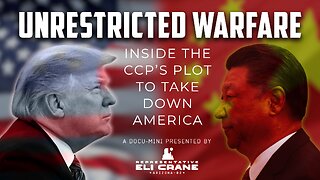 10:33
10:33
Congressman Eli Crane
3 hours agoUnrestricted Warfare: Inside the CCP's Plot to Take Down America
4651 -
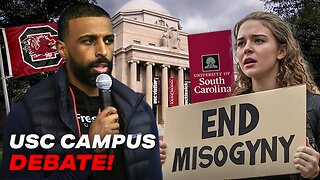 DVR
DVR
FreshandFit
2 days agoCollege Campus Debate
35.9K18 -
 1:02:32
1:02:32
Timcast
2 hours agoSCOTUS Hears Case On LGBTQ Books In Schools As Nike FUNDS Trans Study
106K71 -
 2:02:22
2:02:22
Steven Crowder
4 hours agoRace Conflict: Karmelo Anthony and the Truth About Black & White Relations in America
331K288 -
 LIVE
LIVE
Rebel News
1 hour ago $0.85 earnedPoilievre on Canada's 'dangerous future', Singh dodges again, China targets Tory | Rebel Roundup
757 watching -
 DVR
DVR
TheAlecLaceShow
3 hours agoGuests: General Flynn & Dr. Michael Schwartz | Pope Francis Died | Hegseth Out? | The Alec Lace Show
7.35K7 -
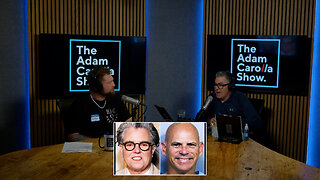 32:25
32:25
Adam Carolla
6 hours ago $1.67 earnedMenendez Brothers update and one's tie to Rose O'Donnell | The Adam Carolla Show | #news
22.1K1 -
 1:28:03
1:28:03
The Shannon Joy Show
4 hours ago🔥🔥Hacked & Stacked: Musk Aligned Tech Bros Poised To Cash In On ‘DOGE Hackathon At IRS’ Amidst Growing Health Concerns About Data Processing Centers & EMF Radiation - Special Report On EMF With Dr. Basima Williams🔥🔥
20.6K1 -
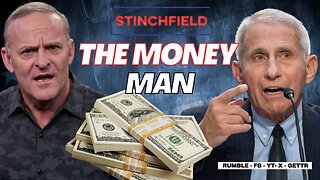 32:00
32:00
Grant Stinchfield
2 hours ago $1.01 earnedDeep State Payday: Fauci’s $15M Windfall Raises Alarms Over COVID Corruption
13.8K2